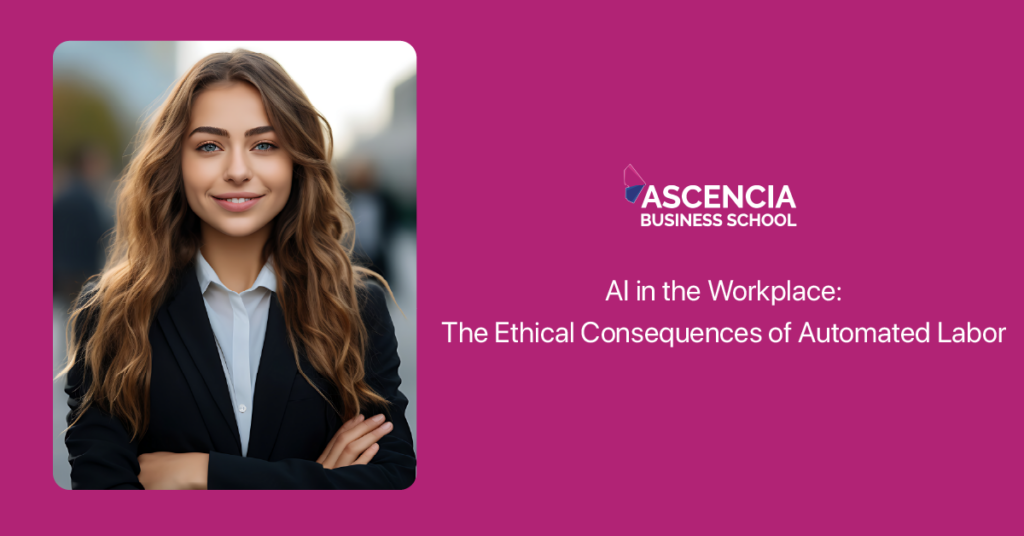While the integration of artificial intelligence (AI) in the workplace is revolutionizing industries by improving productivity and efficiency, it also raises substantial ethical concerns regarding automated labor. As AI systems assume the responsibilities that were previously conducted by humans, there is an increasing sense of concern regarding job displacement and the future of the workforce. This transition requires a strategic approach to workforce planning, in which organizations must reconcile the well-being of their employees with technological advancements. Providing reskilling and upskilling opportunities can assist workers in adjusting to new roles that complement AI, thereby ensuring that automation results in job transformation rather than elimination.
Automation of labor has ethical implications that extend beyond job displacement, including transparency, accountability, and fairness. Certain groups of employees may be unfairly treated as a result of AI algorithms inadvertently perpetuating biases that are present in their training data. In an effort to enforce the responsible use of AI systems, it is imperative that organizations establish rigorous ethical standards and employ ongoing monitoring. Transparent decision-making processes and explicit communication regarding the utilization of AI can contribute to the development of trust among stakeholders and employees. By resolving these ethical concerns, businesses can utilize the advantages of AI while simultaneously cultivating a more inclusive and equitable work environment.




